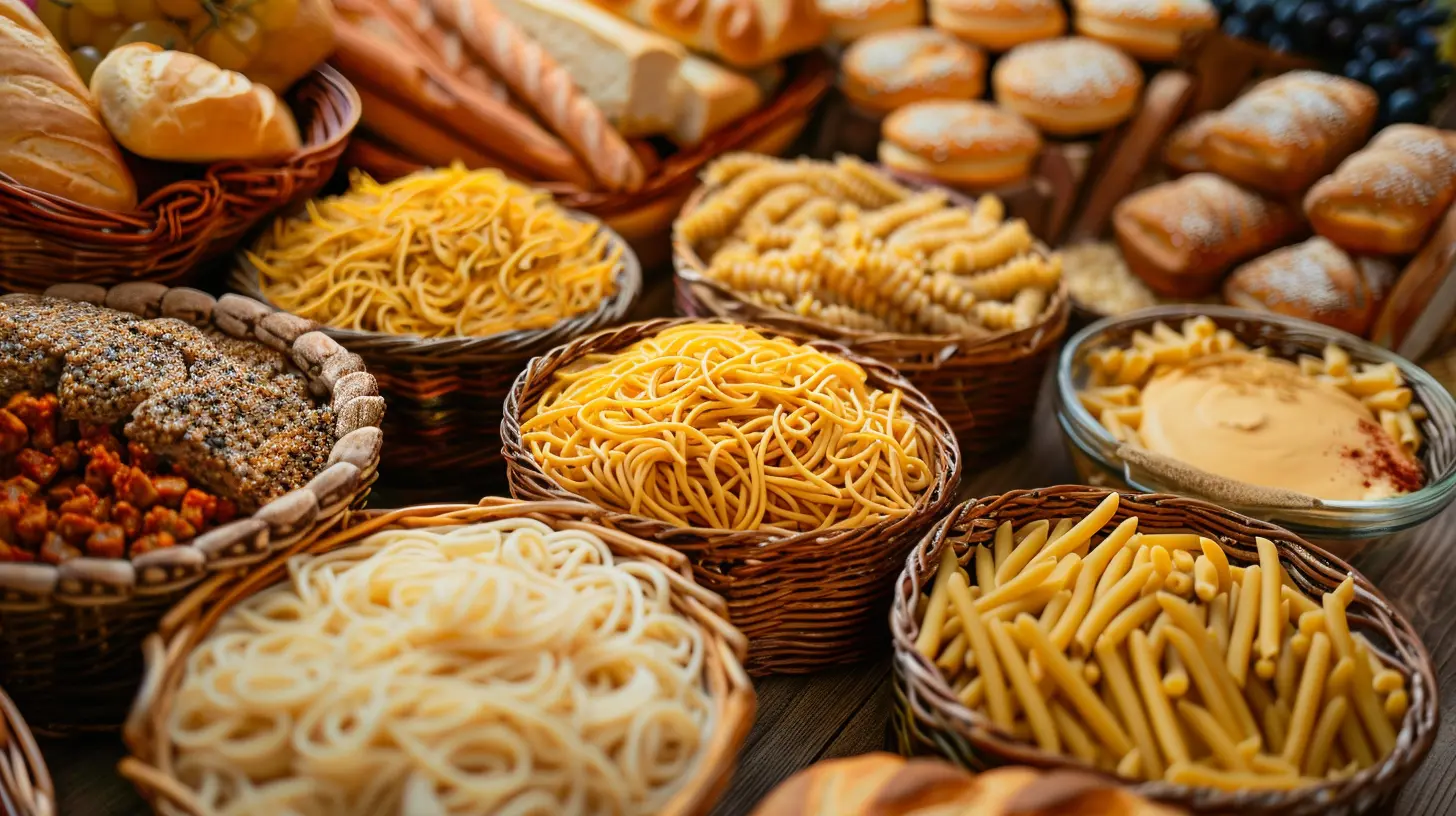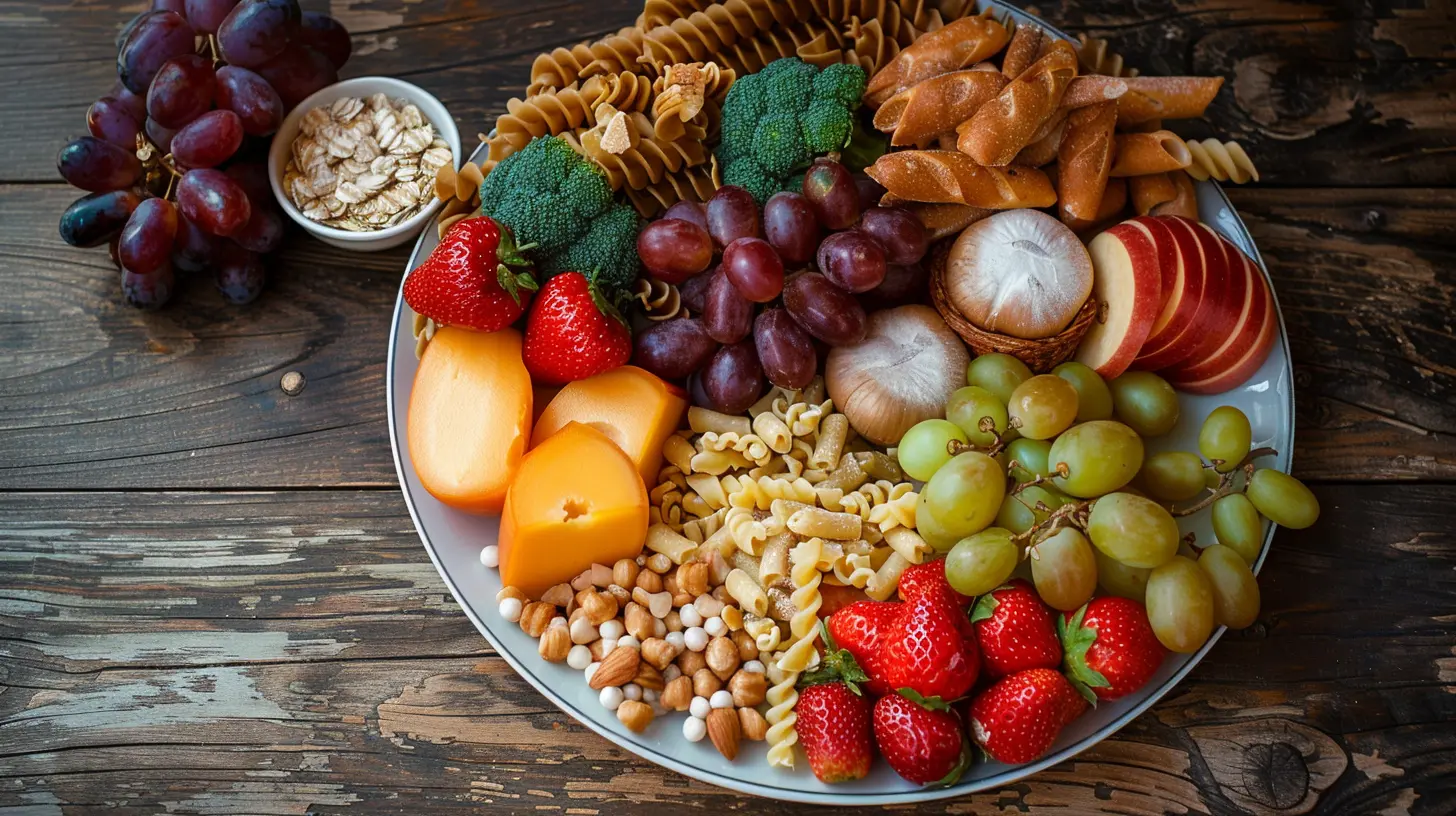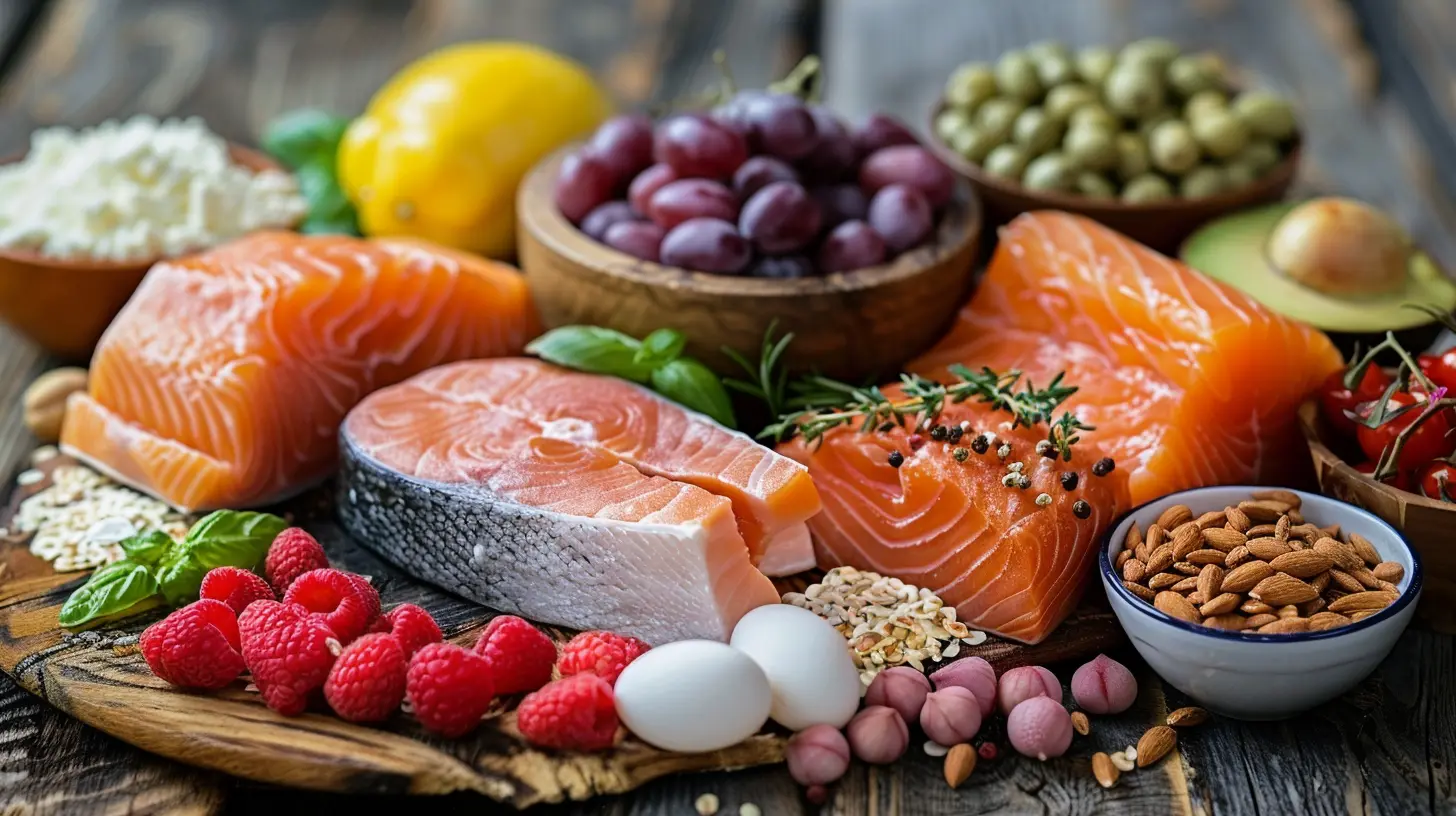Carb Loading: Is It Necessary for Marathon Runners?
25 July 2025
Marathon running is no joke—pushing your body for 26.2 miles is a challenge that requires serious preparation. One term you’ve probably heard floating around in running circles is carb loading. But what exactly is it? And more importantly, do you really need to do it before race day? Let’s break it down. 
What Is Carb Loading?
Carb loading, or carbohydrate loading, is a nutrition strategy that involves increasing your intake of carbohydrates in the days leading up to a marathon. The goal? To maximize glycogen stores in your muscles, giving you an extra energy reserve to pull from during long endurance events.Think of your muscles like a gas tank. Normally, your body holds a limited supply of glycogen (stored carbs). When you run out, you hit the wall—that dreaded moment when your legs feel like lead, and every step becomes a battle. Carb loading helps delay this moment so you can maintain energy levels longer. 
How Does Carb Loading Work?
The process typically spans 3–7 days before a marathon. Here’s how it usually goes:1. Taper Your Training – Reduce your mileage to allow your muscles to recover and store glycogen efficiently.
2. Increase Carbohydrate Intake – Eat more carb-rich foods like pasta, rice, potatoes, bread, and fruits.
3. Lower Fat and Fiber Consumption – Too much fiber can cause digestive issues, and excess fat slows digestion.
4. Stay Hydrated – Glycogen binds with water, so drinking enough fluids is key.
By race day, your muscle glycogen stores should be loaded and ready to fuel your run. 
Is Carb Loading Necessary for Every Marathon Runner?
Not necessarily. Carb loading isn’t a one-size-fits-all strategy. Whether or not you should do it depends on a few factors.Who Benefits the Most from Carb Loading?
- Runners racing for over 90 minutes – If you’re aiming for a marathon (or even a half marathon) that takes longer than 90 minutes, carb loading can help maintain endurance.- Athletes with high training intensity – If you're logging high mileage and running at a faster pace, your glycogen stores deplete more quickly.
- Anyone prone to hitting "the wall" – If you’ve experienced extreme fatigue in previous races, carb loading might be a game-changer.
Who Might Not Need to Carb Load?
- Casual runners or beginners – If your marathon pace is more relaxed, and you anticipate walking portions, your body may not burn through glycogen as quickly.- Short-distance runners – For races under 90 minutes (like a 5K or 10K), your normal diet should provide enough glycogen.
- Anyone sensitive to high-carb diets – Some people experience bloating, digestive discomfort, or sluggishness when consuming excess carbs.

Common Carb Loading Mistakes to Avoid
Carb loading sounds simple—eat more carbs, run faster, right? Not exactly. Many runners make mistakes that can actually backfire. Here’s what not to do:1. Eating Too Much Junk Food
Carb loading doesn’t mean stuffing yourself with pizza, donuts, and sugary snacks. Processed carbs can cause energy crashes and digestive issues. Stick to whole grains, fruits, and starchy vegetables instead.2. Ignoring Protein and Healthy Fats
Yes, carbs should be the focus, but don’t ditch protein and healthy fats entirely. A well-balanced diet supports muscle recovery and overall performance.3. Overeating the Night Before the Race
Many runners make the mistake of cramming a massive meal the night before a marathon. This can lead to bloating, sluggishness, or bathroom emergencies mid-race. Instead, spread out your carb intake over several days.4. Skipping Hydration
Glycogen holds water, so proper hydration is essential for effective carb loading. Drink plenty of fluids to avoid muscle cramps and dehydration on race day.What to Eat for Effective Carb Loading
Now that you know what not to do, let’s talk about what you should eat. A good carb-loading diet includes:- Whole grains: Brown rice, quinoa, whole wheat bread, oatmeal
- Starchy vegetables: Sweet potatoes, carrots, peas
- Fruits: Bananas, berries, apples, oranges
- Legumes: Lentils, chickpeas, beans (in moderation)
- Pasta and rice: Preferably whole grain or white (easier to digest)
Aim for 3.5 to 5.5 grams of carbohydrates per pound of body weight per day in the final days before the marathon.
What About Race Morning?
You’ve carb-loaded for days—should you eat a big meal on race morning? Not necessarily. Stick to a small, carb-rich breakfast about 2–3 hours before the start.Good pre-race meal options include:
- A bagel with peanut butter
- Oatmeal with a banana
- Toast with honey
- A smoothie with fruit and yogurt
Avoid high-fat or high-fiber foods that could cause stomach discomfort mid-race.
Alternatives to Traditional Carb Loading
If carb loading doesn’t sit well with you, here are some alternative fueling strategies:Fat Adaptation Training
Some ultra-endurance athletes train their bodies to rely on fat for fuel instead of carbs. This involves following a low-carb, high-fat diet for a period before reintroducing carbs closer to race day.Steady-State Carbs
Instead of dramatically increasing carb intake, some runners simply ensure they eat a steady amount of carbs leading up to race day without overloading.In-Race Nutrition
Even if you carb load, your glycogen stores will eventually run out. That’s why many runners rely on energy gels, chews, or sports drinks during a marathon to maintain energy levels.Final Verdict: Should You Carb Load?
At the end of the day, carb loading can be beneficial—but it’s not a magic bullet. If you’re running a marathon and aiming for a strong finish, it’s worth experimenting with in training to see how your body responds.However, if you feel sluggish after increasing carbs or simply don’t enjoy the process, tweaking your pre-race nutrition might work better for you. The key is to find what fuels your body best and stick with it.
After all, running a marathon is just as much about listening to your body as it is about logging miles.
all images in this post were generated using AI tools
Category:
Sports NutritionAuthor:

Umberto Flores
Discussion
rate this article
1 comments
Phoenix Hernandez
In the dance of distance, carbs take flight, Fueling dreams that stretch through day and night. A tapestry of energy, woven with care, Marathon journeys demanding, yet fair. For runners who chase the horizon’s embrace, Carb loading may just quicken the pace. Balance is key in this race of grace.
August 27, 2025 at 11:01 AM

Umberto Flores
Thank you for your poetic take! Indeed, carb loading can enhance endurance and performance for marathon runners, but finding the right balance is essential for optimal results.


